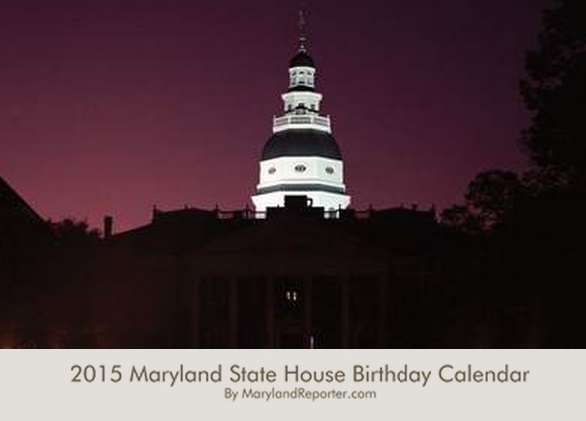 The lockbox for the Transportation Trust Fund provided in Gov. Martin O’Malley’s proposed gas tax hike is about as secure as the metal cash box at a PTA bake sale. The House Ways & Means Committee approved a gas tax increase with some amendments to O’Malley’s plan on Monday, but apparently without changing the lockbox provision.
The lockbox for the Transportation Trust Fund provided in Gov. Martin O’Malley’s proposed gas tax hike is about as secure as the metal cash box at a PTA bake sale. The House Ways & Means Committee approved a gas tax increase with some amendments to O’Malley’s plan on Monday, but apparently without changing the lockbox provision.
Supporters of increased gasoline taxes to pay for highways and transit have advocated a “lockbox” prohibiting transfers from the Transportation Trust Fund to pay for other programs, as has been done repeatedly in recent years.
But the lockbox proposed by the governor this year and last is far weaker than several introduced this session and previously, including one offered by Senate President Mike Miller, the most persistent advocate of a higher gas tax.
For starters, unlike other proposals, the O’Malley lockbox is in a statute, not a constitutional amendment as Miller and others have proposed. This means it could be changed by simple legislation, especially the Budget Reconciliation and Financing Act (BuRFA) that is used every year to change mandates and funding formulas.
A constitutional amendment must first of all be approved by voters and can only be changed with voters’ approval in a referendum.
Three-fifths vote in committee needed, not the full legislature
O’Malley’s lockbox could also be opened up with a much smaller number of votes. His bill requires a three-fifths majority vote in committee only. The other bills for a constitutional amendment, including Miller, one by Del. Susan Krebs this session and a bill by Sen. Rob Garagiola in 2011 with 13 Senate co-sponsors, all call for a three-fifths majority of both the full Senate and the House of Delegates.
That is the same majority needed to pass a constitutional amendment and send it to the voters without the governor’s signature.
O’Malley has said that a three-fifths vote in committee can be hard to achieve, but almost all bills are passed out of committee with more than a three-fifths vote, except for the most controversial measures, such as same-sex marriage, repeal of the death penalty and stricter gun control.
The constitutional amendment proposed by Krebs and 40 co-sponsors is particularly restrictive. Under her proposal, the governor must proclaim a state of emergency, declare that transportation funds are necessary for the immediate preservation of public health or safety, and he must propose a plan to repay the money within five years.
Committees have taken no action on the constitutional amendments proposed by Miller and Krebs.
–-Len Lazarick
Len@MarylandReporter.com




What one legislative session gives, another session can take away. So many $$ just sitting there waiting to be spent? A MD spend-a-holic legislator’s dream.
The capacity to borrow from oneself (Intra-Governmental borrowings) theoretically is a good thing because the state has more flexibility to meet cash-flow requirements without resorting to the bond market. In practice, however, IG borrowings are used to both enable and obfuscate deficit spending and can even facilitate political claims of fiscal prudence. Strengthening the lockbox via Constitutional change is the best way to gum up the chicanery, even at the cost of impairing cash-management flexibility.